In a shift that’s reshaping grocery trends, there are specific foods baby boomers refuse to spend money on. This change highlights the evolving preferences of a generation known for shaping cultural landscapes. Let’s dive into the 14 foods that no longer tempt the wallets of the baby boomer generation.
1. Avocado Toast
Despite its popularity among millennials, avocado toast is one of the foods baby boomers refuse to spend money on. Many boomers view it as an overpriced trend, not a dietary staple. They prefer more traditional breakfast options that are perceived as better value for money. This reluctance is partly due to the high cost of avocados and the simplicity of making it at home. The generational divide here is stark, reflecting differing values and economic outlooks.
2. Artisanal Coffee
Artisanal coffee shops might be on every corner, but boomers bypass them. This demographic tends to dismiss specialty coffees, which can cost significantly more than a standard brew. Baby boomers are more likely to stick with their tried-and-true brands from the grocery store, viewing them as more economical. This trend shows a clear preference for convenience and familiarity over the allure of ‘craft’ or ‘gourmet’ labels.
3. Quinoa
Once hailed as a superfood, quinoa is now among the foods baby boomers refuse to spend money on. They often opt for more familiar grains like rice or barley. The higher price point of quinoa and its association with trendy diets make it less appealing to this budget-conscious generation. This shift is indicative of a broader skepticism toward what they perceive as food fads.
4. Craft Beer
The surge of craft beer markets has not enticed a lot of baby boomers to spend their money. They typically favor mass-market beer brands, which are frequently less expensive and easily obtainable. This preference points out a hesitancy to adopt the craft beer culture, which is often viewed as a trend embraced by millennials.
5. Plant-Based Meat Alternatives
While the rise of plant-based diets has caught the attention of many, it’s not a bandwagon every boomer is jumping on. Foods like plant-based burgers or sausages are often seen as overpriced and unnecessary substitutes. They tend to stick with traditional meat products, which they find more satisfying and cost-effective.
6. Energy Drinks
The market for energy drinks may be booming, but baby boomers are generally not contributing to its growth. These beverages are often associated with younger generations and are viewed by boomers as unhealthy and expensive. They prefer coffee or tea, which they perceive as more natural and beneficial.
7. Sushi
Sushi is a popular dish around the world, but it is one that many baby boomers are reluctant to spend money on. This is because, for them, sushi is often overpriced, especially when compared to the portion size. This trend reflects a broader preference among baby boomers for meals that are more filling and less ‘exotic’.
8. Kale Salads
Kale has been a trendy health food for years, but it hasn’t made its way into many boomer diets. They often choose more traditional greens, finding kale too somewhat bitter. This choice underscores a preference for familiar, tried-and-true options over new, hyped health trends.
9. Gluten-Free Products
Despite the rise in gluten-free diets, these products are often skipped by boomers. The higher prices and mixed reviews on taste make them less appealing. Boomers who do not have a medical need to avoid gluten tend to stick with their regular dietary choices.
10. Coconut Water
Once a must-have for hydration, coconut water is now among the foods baby boomers refuse to spend money on. Many in this age group prefer plain water or traditional sports drinks, citing better taste and value.

Shatel Huntley has a Bachelor’s degree in Criminal Justice from Georgia State University. In her spare time, she works with special needs adults and travels the world. Her interests include traveling to off-the-beaten-path destinations, shopping, couponing, and saving.


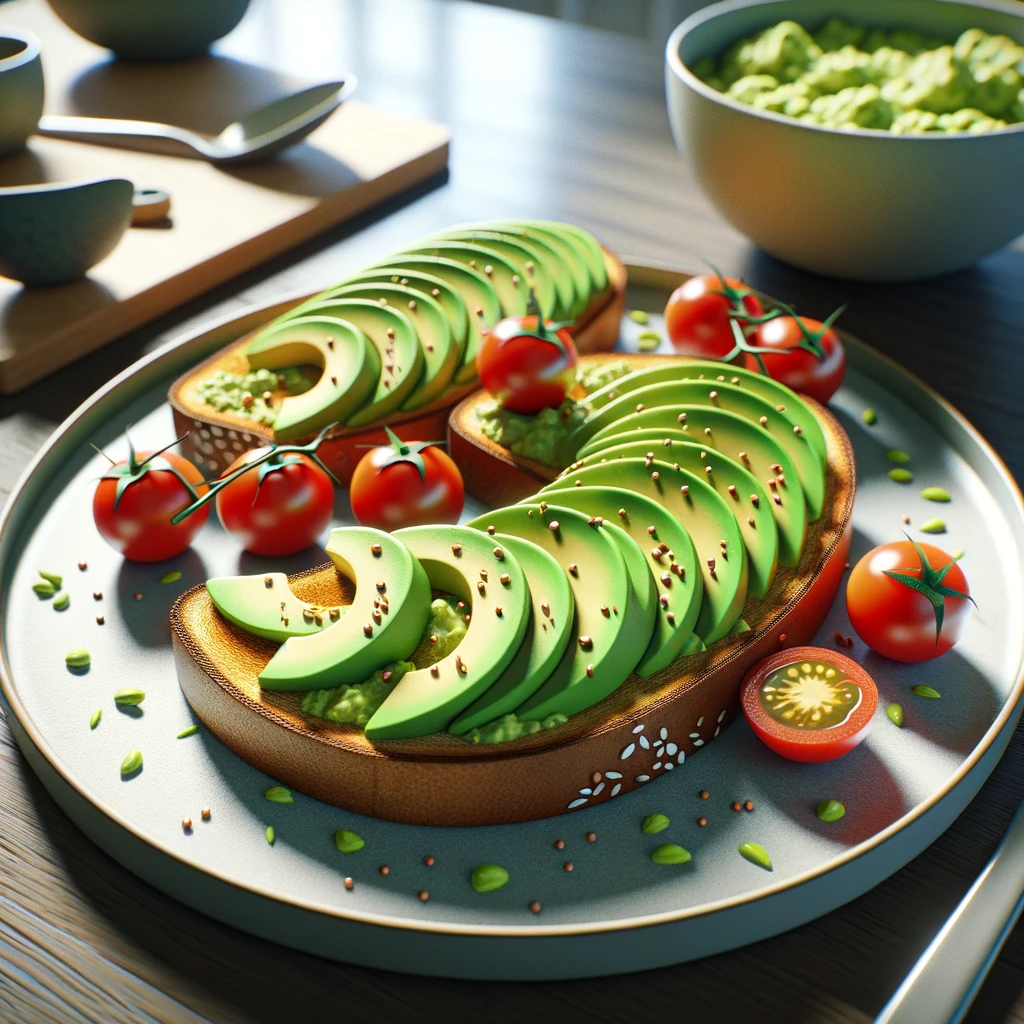

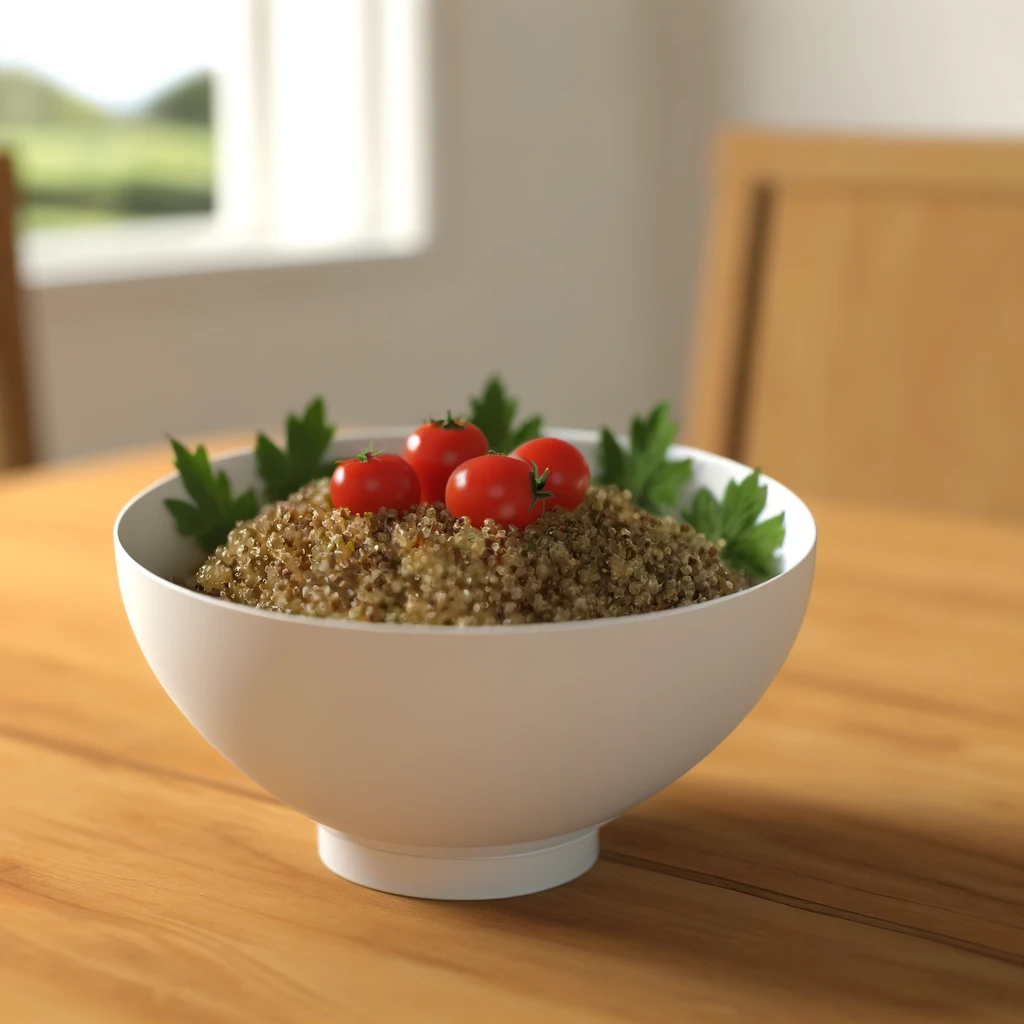

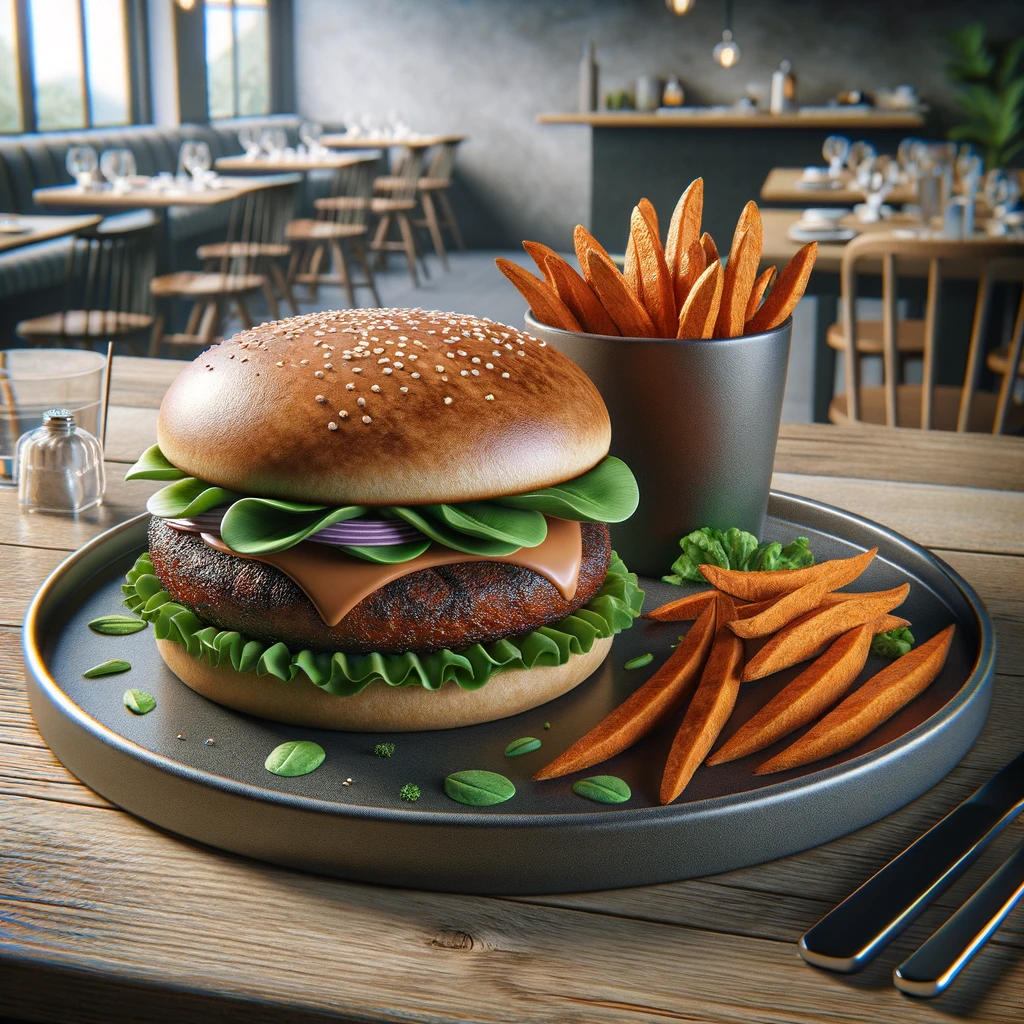

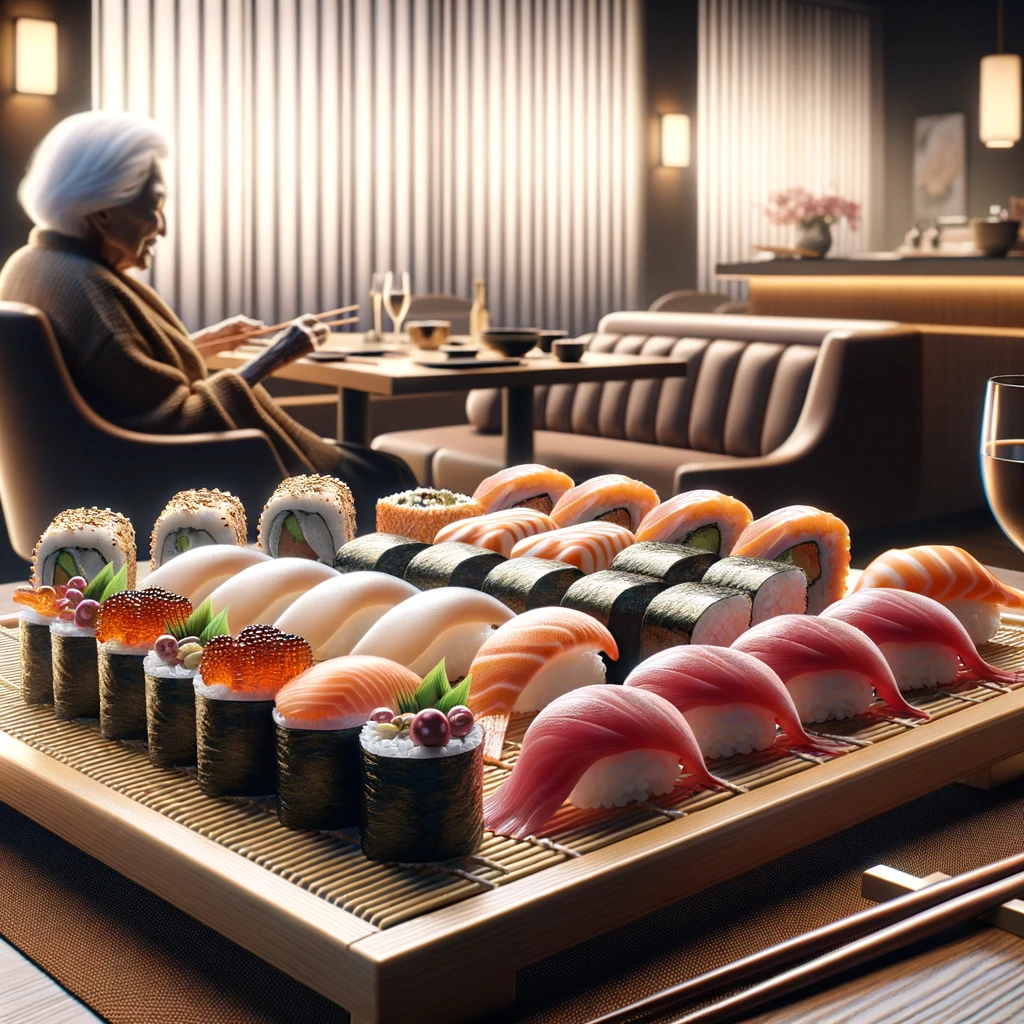







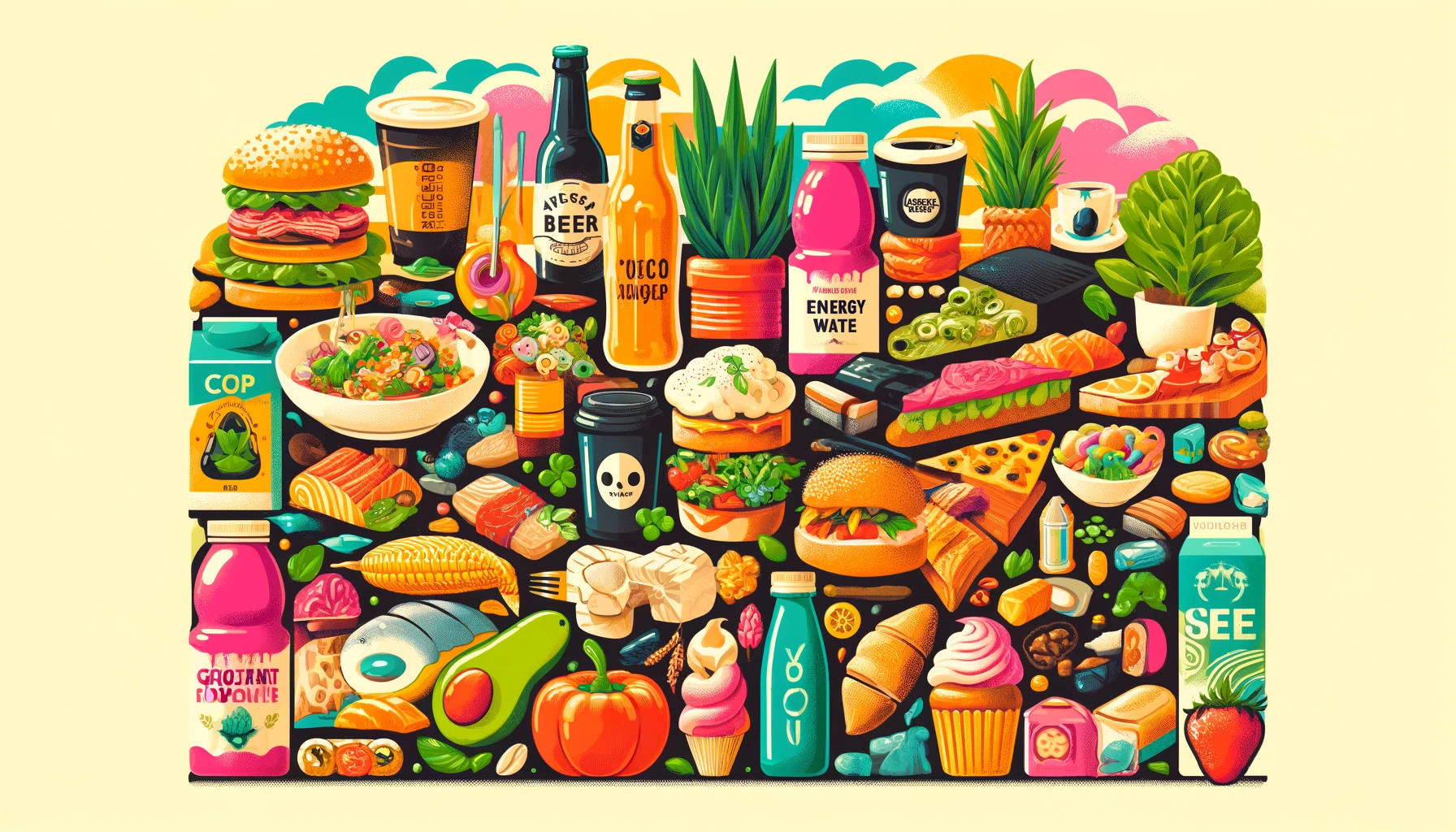
Leave a Reply